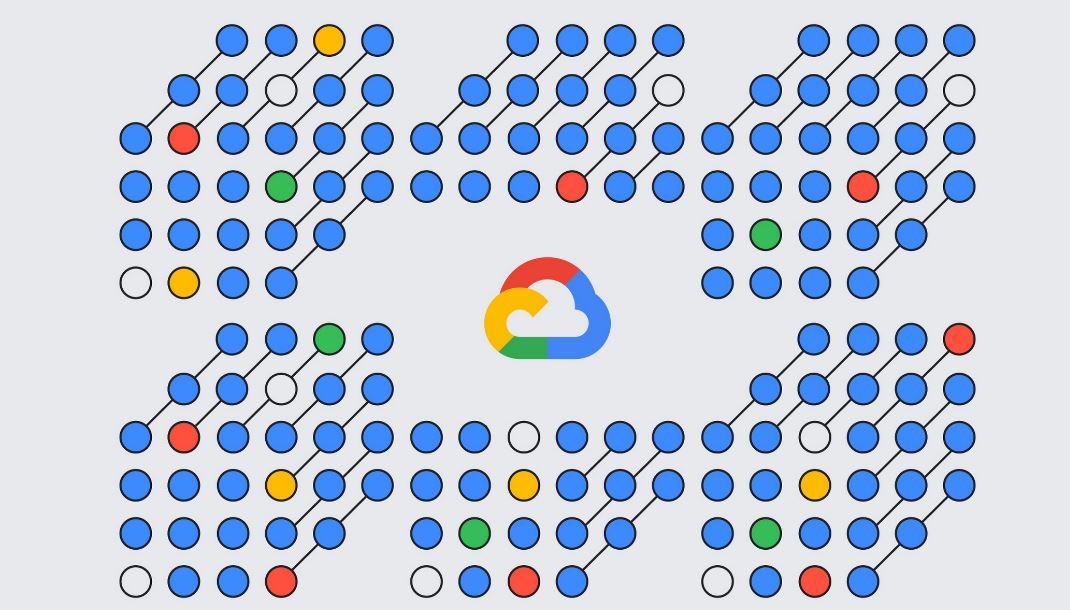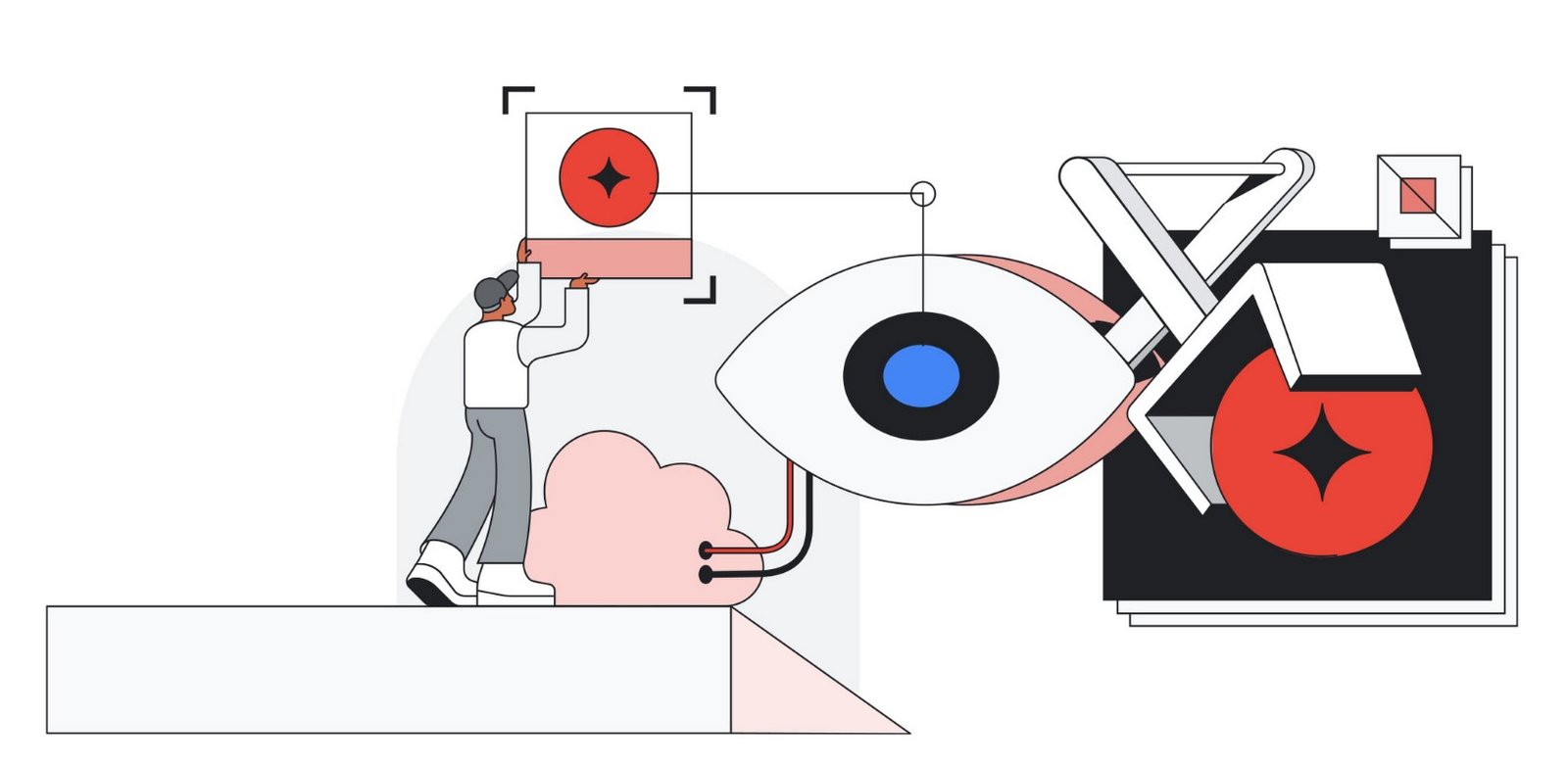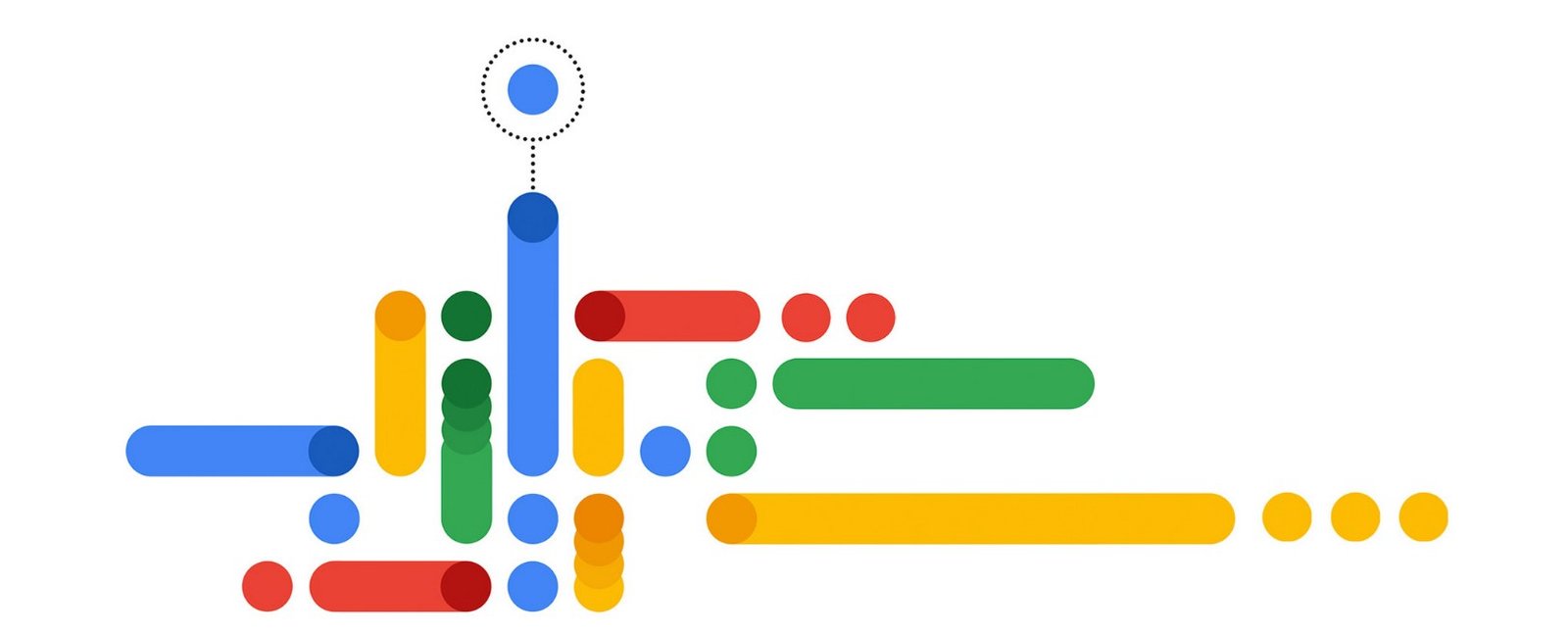- Introduction
Google Cloud Platform (GCP) is a suite of cloud computing services offered by Google. It provides a range of infrastructure and platform services that enable organizations to develop, deploy, and manage applications at scale. GCP offers a variety of tools and services, including computing resources, storage options, networking, big data, and machine learning solutions. These services cater to businesses of all sizes, helping them increase productivity, efficiency, and innovation.
For more details about GCP Basics Click Here
- Computing Resources
GCP offers a range of computing resources designed to handle diverse workloads, from simple web applications to complex, resource-intensive tasks. Google Compute Engine (GCE) is an Infrastructure as a Service (IaaS) that allows users to create and manage virtual machines (VMs) with custom configurations. Google Kubernetes Engine (GKE) is a managed container orchestration service that simplifies the deployment and scaling of containerized applications using the Kubernetes platform.
For more details about Computing Services Click Here
- App Engine
Google App Engine (GAE) is a Platform as a Service (PaaS) that enables developers to build, deploy, and scale web applications and APIs quickly. With its serverless architecture, GAE abstracts away infrastructure management, allowing developers to focus on writing code. GAE supports multiple programming languages, including Python, Java, Go, and PHP, and offers automatic scaling based on application demand.
For more details about App Engine Click Here
- Cloud Functions
Google Cloud Functions is a serverless, event-driven computing service that allows users to execute code in response to events without managing the underlying infrastructure. Cloud Functions can be triggered by events from other GCP services, such as Cloud Storage, Pub/Sub, or Firestore, or by HTTP requests. This service is ideal for creating lightweight, single-purpose functions that respond to changes in data or system state.
For more details about Cloud Functions Click Here
- Storage Options
GCP provides a variety of storage options to cater to different use cases. Google Cloud Storage (GCS) is an object storage service ideal for storing and serving unstructured data, such as images, videos, or documents. Google Cloud SQL offers fully managed relational databases for MySQL, PostgreSQL, and SQL Server, while Cloud Spanner provides a horizontally scalable, globally consistent database service for mission-critical applications. For NoSQL storage, Google Firestore and Bigtable offer scalable, low-latency options for document and wide-column storage, respectively.
For more details about GCP Storage Services Click Here
- Networking
GCP’s networking services enable users to build, manage, and optimize their network infrastructure. Google Cloud Virtual Network (VPC) allows users to create isolated networks within GCP, with granular control over IP addressing, routing, and firewall rules. Cloud Load Balancing distributes traffic across multiple VMs, containers, or services, improving application performance and availability. Additionally, Cloud CDN leverages Google’s global network to cache and serve content closer to end users, reducing latency and increasing responsiveness.
For more details about GCP Networking/ VPC Click Here
- Big Data/BigQuerry
GCP offers a range of big data solutions to help organizations process, analyze, and visualize large datasets. BigQuery is a fully managed, serverless data warehouse that enables users to run SQL-like queries over petabyte-scale datasets in real-time. Dataflow is a data processing service that allows developers to build and execute data pipelines for both batch and stream processing. Google Data Studio enables users to create interactive dashboards and reports to visualize and share insights from their data.
For more details about GCP Bigdata/ BigQuerry Click Here
- Identity and Security Services
Google Cloud Platform (GCP) Identity and Access Management (IAM) is a crucial component for managing security and access control in the cloud. IAM enables granular permissions and role-based access to GCP resources, ensuring that users only have the necessary privileges for their tasks. With IAM, administrators can create custom roles, assign predefined roles, and manage access for individuals, groups, and service accounts. This comprehensive system helps organizations maintain a secure cloud environment, monitor user activities, and enforce the principle of least privilege, minimizing potential risks and enhancing overall security in their GCP deployments.
For more details about GCP Identity and Security Services & IAM Click Here
- Data analytics services
Data analytics services encompass a broad range of tools and platforms designed to help organizations extract valuable insights from their data, enabling informed decision-making and strategic planning. These services often include data processing, storage, visualization, and machine learning capabilities to address various analytics needs.
In the context of Google Cloud Platform (GCP), data analytics services include:
- BigQuery: A fully-managed, serverless data warehouse for large-scale data analytics. It enables super-fast SQL queries, real-time data streaming, and seamless integration with other GCP services.
- Dataflow: A fully-managed service for processing and transforming large volumes of data in real-time or batch mode. Dataflow supports Apache Beam, an open-source programming model, allowing users to create pipelines for data processing tasks.
- Dataproc: A managed Apache Hadoop and Apache Spark service for processing and analyzing big data. Dataproc simplifies cluster management, scaling, and job submission, making it easier to run data processing workloads.
- Data Studio: A user-friendly, interactive data visualization tool that allows users to create and share customizable dashboards and reports. Data Studio connects to various data sources, including BigQuery, Google Sheets, and MySQL databases.
- AI Platform: A suite of tools and services for developing, deploying, and managing machine learning models. It supports popular frameworks like TensorFlow and PyTorch and offers a range of pre-built models for common use cases.
For more details about GCP Data analytics services Click Here
- Stackdriver Observability
Google Stackdriver, now known as Google Cloud Operations Suite, is a powerful monitoring, logging, and diagnostics tool for applications running on Google Cloud Platform (GCP) and other cloud environments. It provides developers and operators with a unified set of tools to observe, troubleshoot, and optimize application performance. Stackdriver comprises key features such as monitoring, logging, error reporting, trace analysis, and debugger capabilities. These functionalities enable users to detect anomalies, investigate issues, and gain valuable insights into their applications’ health and performance. By leveraging Stackdriver, teams can ensure smooth operations, minimize downtime, and maintain a high-quality user experience across their cloud-based applications.
For more details about GCP Stackdriver Click Here
- Machine Learning and AI
Google Cloud Platform provides a comprehensive suite of machine learning and AI services. Cloud Machine Learning Engine is a managed service for training and deploying custom machine learning models using TensorFlow, Keras, and other popular frameworks. For those looking for pre-trained models, GCP offers AI Platform services, such as Vision API, Speech-to-Text API, and Natural Language API, which leverage Google’s expertise in machine learning to perform tasks like image recognition, speech transcription, and sentiment analysis
- IoT and Edge Computing
GCP offers IoT and edge computing solutions to help organizations manage, process, and analyze data from connected devices. Google Cloud IoT Core is a fully managed service that enables secure device connectivity, management, and communication over the MQTT and HTTP protocols. For processing data at the edge, Google Cloud IoT Edge provides a runtime environment that allows developers to deploy custom code and machine learning models on edge devices.
- Security and Compliance
Google Cloud Platform is built on the foundation of Google’s robust security infrastructure. GCP provides a variety of tools and features to help users secure their applications and data. These include Identity and Access Management (IAM), which enables fine-grained control over resource permissions, and Cloud Security Command Center, a centralized dashboard for monitoring and managing security risks across GCP projects. GCP also maintains compliance with numerous industry standards and certifications, such as GDPR, HIPAA, and PCI DSS.
- Pricing and Cost Management
GCP offers flexible and competitive pricing for its services, with many offering a pay-as-you-go model based on usage. To help users control costs, GCP provides tools like the Google Cloud Pricing Calculator, which estimates costs based on expected usage, and Cloud Billing, which offers detailed usage and cost reporting. Additionally, GCP offers committed use contracts and sustained use discounts for long-term and high-usage customers, respectively.
- Google Cloud Marketplace
The Google Cloud Marketplace is a curated collection of pre-built solutions, services, and tools offered by Google and third-party vendors. Users can easily discover, deploy, and manage these solutions within their GCP projects, simplifying the process of extending GCP services or integrating with other technologies. The marketplace offers a wide range of applications, including data analytics, machine learning, security, and developer tools.
- Developer Tools and SDKs
GCP offers a comprehensive set of developer tools and SDKs to help users build, test, and deploy applications. Google Cloud SDK is a command-line interface for managing GCP resources and services, while Cloud Shell provides an in-browser terminal for managing resources directly from the GCP Console. For application development, GCP offers tools like Cloud Code, which integrates GCP services into popular IDEs, and Cloud Build, a serverless CI/CD platform for building and deploying containerized applications.
- Hybrid and Multi-cloud Solutions
Google Cloud Platform supports hybrid and multi-cloud architectures, allowing users to leverage GCP services alongside their existing on-premises or cloud infrastructure. Google Anthos is a platform that enables organizations to build, manage, and scale applications across multiple environments, including on-premises, GCP, and other cloud providers. Anthos simplifies the management of hybrid and multi-cloud environments by providing a consistent, unified control plane.




